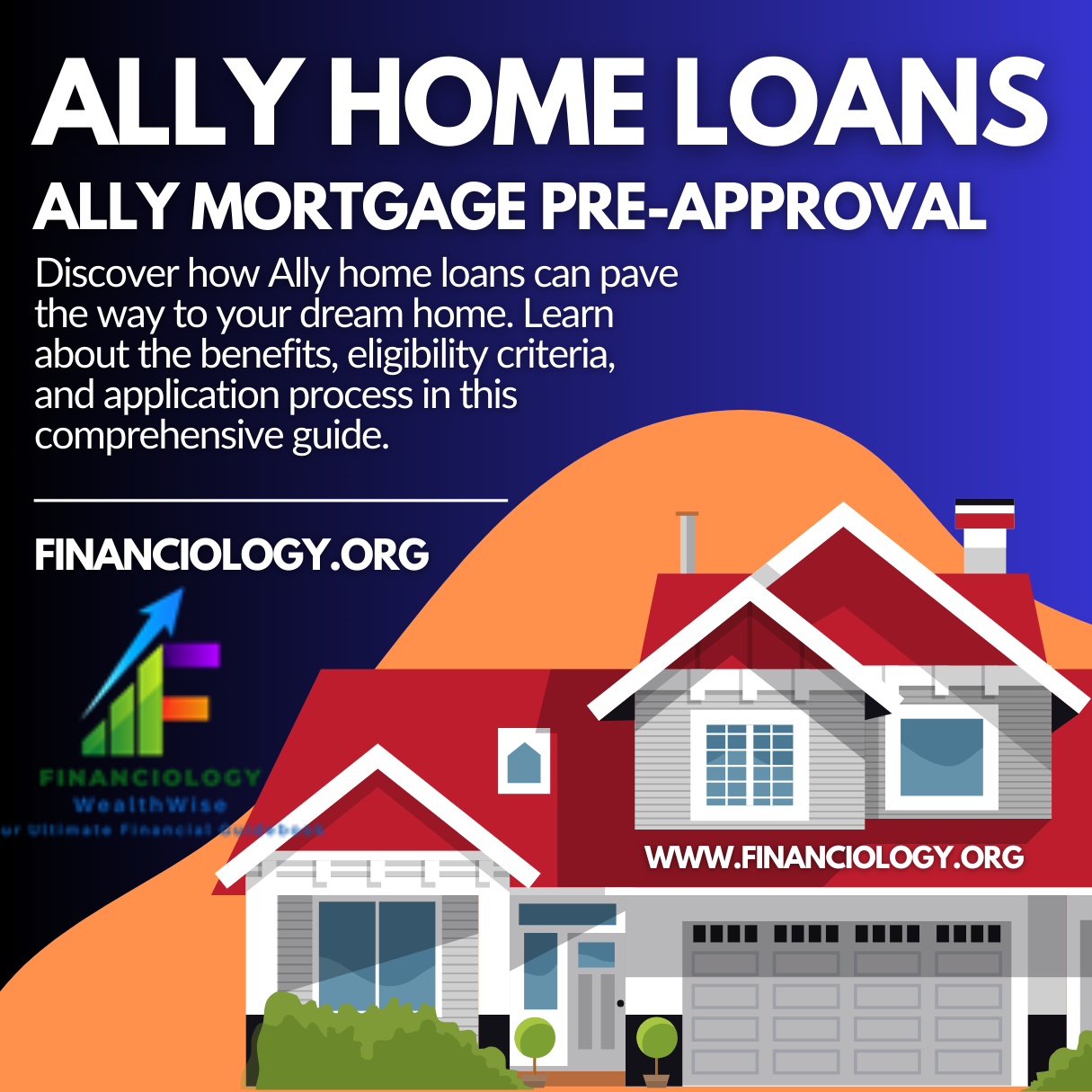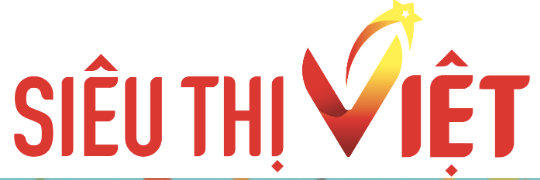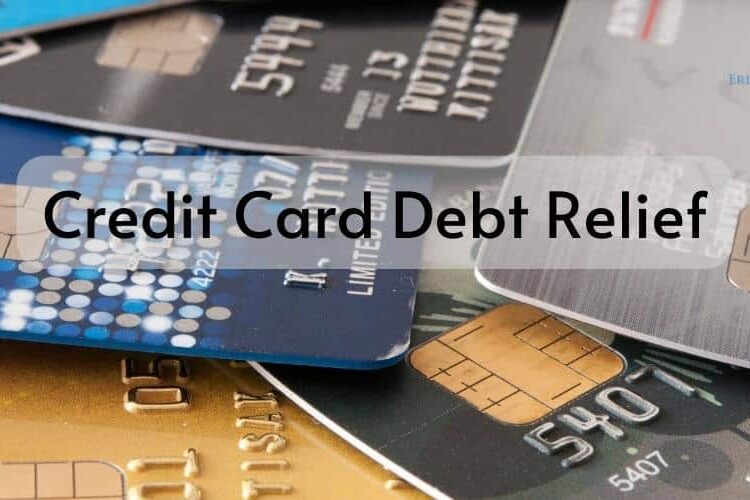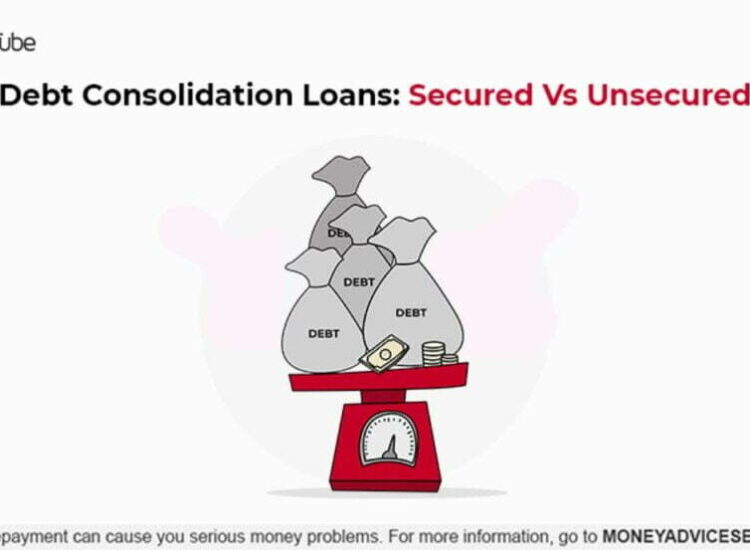In recent years, the demand for home improvements has surged, driven by the desire to create more functional and comfortable living spaces, increase home value, and adapt to changing lifestyle needs. This trend has led to a surge in interest in home equity loans, as homeowners seek affordable financing options to fund their projects.
Toc
Choosing the right home equity loan lender is crucial for making your home improvement dreams a reality. A home equity loan unlocks the financial potential of your home’s value, allowing you to borrow against the equity you’ve diligently built over time. This type of secured loan can provide a cost-effective solution for funding renovations, with lower interest rates compared to unsecured loans.
Understanding Home Equity Loans

A home equity loan allows homeowners to borrow against the equity they’ve built in their homes. This type of secured loan uses your property as collateral, which often results in lower interest rates compared to unsecured loans. Home equity loans are ideal for funding home improvements because they provide access to substantial funds at a more affordable cost.
Key Advantages of Home Equity Loans for Home Improvements
- Lower Interest Rates: Home equity loan lenders often offer lower rates than personal loans or credit cards, making it a cost-effective choice for financing renovations. However, it’s important to note that while home equity loans typically offer lower interest rates, this may not always be the case, especially for smaller projects. A personal loan with a faster approval process and potentially lower fees might be a better option in some situations.
- Fixed Monthly Payments: Home equity loans typically come with fixed interest rates, allowing for predictable monthly payments that simplify budgeting. While fixed-rate home equity loans offer the security of predictable monthly payments, variable-rate HELOCs provide greater flexibility. With a HELOC, homeowners can draw funds as needed and only pay interest on the amount borrowed, but they should be aware of the risk of interest rate fluctuations.
- Potential Tax Benefits: Interest paid on home equity loans used for qualifying improvements may be tax-deductible, providing an added financial incentive.
- Higher Borrowing Limits: Home equity loans generally permit larger loan amounts, enabling homeowners to undertake significant renovation projects.
Understanding Loan-to-Value (LTV) Ratio
The Loan-to-Value (LTV) ratio is a critical factor that lenders consider when evaluating a home equity loan application. It compares the loan amount to the appraised value of your home, expressed as a percentage. Generally, lenders prefer LTV ratios of 80% or lower, as this indicates a lower risk for them. To calculate your LTV ratio, divide your current mortgage balance by your home’s appraised value, then multiply by 100 to get a percentage. A lower LTV ratio could enhance your borrowing power and improve your chances of securing a favorable loan term, making it crucial to understand this ratio’s implication on your home equity loan application.
Key Factors to Consider When Choosing a Home Equity Loan Lender

When searching for the best home equity loan lenders, it’s vital to evaluate several factors to ensure you find the right fit for your financial situation.
Interest Rates
- Comparison Shopping: Always compare interest rates from multiple lenders to identify the best home equity loan options. A lower interest rate can significantly reduce your overall repayment amount.
- Fixed vs. Variable Rates: Understand the difference between fixed and variable interest rates. Fixed rates provide stability, while variable rates may fluctuate, impacting your monthly payments.
- Negotiation Tips: Don’t hesitate to negotiate terms with lenders. Presenting offers from other institutions can sometimes lead to better rates.
- APR vs. Interest Rate: It’s important to note that the APR is not the same as the interest rate. The APR includes the interest rate plus any additional fees associated with the loan, such as origination fees or closing costs. Therefore, when comparing rates, make sure to compare the APR to get a complete picture of the loan’s overall cost.
Loan Terms
- Impact of Loan Duration: Loan terms can range from 5 to 15 years, and the duration affects your monthly payments and total interest paid. Shorter terms often come with higher monthly payments but lower overall interest.
- Impact of Loan Terms on Monthly Payments: For example, a $50,000 home equity loan with a 7% interest rate over a 10-year term would result in a monthly payment of approximately $590. However, the same loan over a 15-year term would have a lower monthly payment of $420. While this seems like a significant difference, it’s essential to remember that the total interest paid over the life of the loan would be higher with the longer term.
- Pros and Cons of Longer Terms: While longer loan terms offer lower monthly payments, they may result in higher total interest costs over time.
Fees
- Common Fees: Be aware of typical fees associated with home equity loans, including origination fees, closing costs, and appraisal fees. Typical closing costs for a home equity loan can range from 2% to 5% of the loan amount and may include fees such as origination fees, appraisal fees, title insurance, and recording fees.
- Fee Comparison: Compare fees across different lenders to understand the total cost of the loan. Some lenders may offer no-closing-cost promotions, which can save you money upfront.
- Minimizing Fees: Look for lenders that provide transparent fee structures and consider negotiating to reduce any unnecessary costs.
Eligibility Requirements
- Credit Score: As of [date], most home equity loan lenders require a minimum credit score of 620 or higher, though some may have stricter criteria.
- Debt-to-Income Ratio (DTI): Lenders will assess your DTI ratio, which compares your monthly debt payments to your gross monthly income. A lower DTI ratio typically improves your chances of securing a loan.
- Equity Requirements: Different lenders have varying minimum equity requirements. Ensure you understand these before applying to avoid surprises.
Customer Service and Reputation
- Importance of Customer Service: A lender’s reputation for customer service can significantly impact your experience. Choose lenders known for their responsiveness and support throughout the loan process.
- Researching Lender Reputation : Use online reviews, ratings, and testimonials to evaluate potential lenders. Websites like can provide insights into customer experiences.
- Assessing Communication: During the application process, pay attention to how well the lender communicates. Clear and timely responses can indicate a lender’s commitment to customer service.
Top Home Equity Loan Lenders in US 2024

To help you navigate your options, here’s a look at some of the best home equity loan lenders available today.
1. Bank of America
Known for its strong customer service and competitive interest rates, Bank of America is a leading choice for home equity loans in the US market. The bank offers a straightforward application process and provides robust online banking tools to manage your loan efficiently. Customers can benefit from potential discounts if they’ve enrolled in a Preferred Rewards program, which can further reduce their interest rate. Additionally, Bank of America’s well-established branch network offers access to in-person guidance whenever needed, making it a convenient option for borrowers seeking personalized service. Overall, the bank’s flexibility in loan terms and transparent fee structures contribute to its high reputation among industry peers.
1. https://sieuthi-viet.com/archive/3182/
2. https://sieuthi-viet.com/archive/3170/
3. https://sieuthi-viet.com/archive/3145/
2. Wells Fargo
Wells Fargo is renowned for its comprehensive home equity lending services, appealing to a wide range of borrowers. With a variety of loan products, the bank caters to those seeking adaptable financing solutions. Customers benefit from competitive interest rates and the advantage of a large network of branches for in-person consultations. Wells Fargo’s user-friendly online platform simplifies the application and loan management processes, offering convenience at every step. Additionally, the bank provides personalized financial guidance and resources, helping borrowers make informed decisions tailored to their individual needs. These factors, combined with Wells Fargo’s longstanding reputation for stability and trustworthiness, make it a strong contender for home equity loans.
3. Chase Bank
Chase Bank stands out for its customizable loan options and flexible terms, allowing borrowers to tailor their home equity loans to meet specific financial goals. The bank boasts streamlined digital resources that enhance the overall customer experience, from application to loan management. Chase offers competitive rates and discounts for existing customers, adding further value to their comprehensive service. A distinguished feature is their dedicated loan specialists that provide expert advice and support, ensuring each borrower has the necessary information for choosing the best option. Chase Bank’s robust offerings and commitment to customer satisfaction solidify its position as a top choice for home equity loans.
4. U.S. Bank
U.S. Bank provides a broad array of home equity loan products designed to meet the diverse needs of borrowers. With a strong emphasis on customer service, U.S. Bank ensures that clients have access to knowledgeable advisors who can guide them through the loan process. The bank’s competitive interest rates and flexible repayment terms make it an attractive option for those looking to leverage their home equity. U.S. Bank also offers convenient online tools and resources to help borrowers manage their loans effectively. By maintaining transparency in their fee structure and offering potential rate discounts to existing customers, U.S. Bank has cemented its reputation as a reliable choice for home equity loans.
Alternatives to Traditional Home Equity Loans

If a home equity loan doesn’t suit your needs, consider exploring these alternative financing options that may better align with your financial situation and project requirements.
Home Equity Line of Credit (HELOC)
A Home Equity Line of Credit, commonly known as a HELOC, provides a revolving line of credit based on the equity you have built up in your home. This option functions similarly to a credit card, giving you the flexibility to withdraw funds as needed. It is particularly ideal for ongoing projects where costs may vary over time, such as renovations or landscaping. However, it’s important to be cautious of variable interest rates, as they can lead to fluctuating payments that can impact your budget.
Cash-Out Refinancing
Cash-out refinancing is a strategy that involves replacing your existing mortgage with a larger one, allowing you to take cash out for home improvements or other expenses. This can be a highly beneficial option for homeowners who have significant equity built up in their property. With cash-out refinancing, you can access a larger sum of money, which can be used for substantial renovations or debt consolidation. However, keep in mind that this option usually involves closing costs, and it resets your mortgage term, which may extend the time it takes to pay off your home.
Personal Loans
Personal loans are another viable option for financing home improvements. These are unsecured loans that do not require any collateral, which means you won’t need to tap into your home equity. Personal loans typically offer a faster application process, making them an attractive choice for emergency repairs or smaller projects that require quick funding. However, it’s essential to note that personal loans usually come with higher interest rates compared to home equity financing, which can make them less suitable for larger-scale projects. Always compare terms and rates to find the best fit for your financial needs.
Frequently Asked Questions

What is the minimum credit score required for a home equity loan?
As of [date], most home equity loan lenders require a minimum credit score of 620 or higher.
1. https://sieuthi-viet.com/archive/3786/
2. https://sieuthi-viet.com/archive/3145/
3. https://sieuthi-viet.com/archive/3156/
How much can I borrow with a home equity loan?
Loan amounts depend on your home’s value and existing mortgage balance. Generally, lenders allow borrowing up to 80% of your home’s value, minus your mortgage balance.
What are the typical closing costs for a home equity loan?
Typical closing costs for a home equity loan can range from 2% to 5% of the loan amount and may include fees such as origination fees, appraisal fees, title insurance, and recording fees.
How long does it take to get approved for a home equity loan?
Approval times can range from a few days to several weeks, depending on the lender and your financial situation.
What are the risks associated with home equity loans?
The primary risk is the potential for foreclosure if you default on payments, as your home serves as collateral.
Conclusion
In conclusion, home equity loans and their alternatives provide homeowners with valuable avenues to access funds for various financial needs, from home improvements to debt consolidation. It’s crucial to assess your financial goals, the amount of equity available, and your ability to meet repayment terms when considering these options. Taking the time to understand the benefits and risks associated with each type of loan will ensure you make the most informed decision possible. Remember, consulting with a financial advisor can offer personalized insights and guidance tailored to your situation. By doing so, you can confidently select a financing solution that aligns with your long-term financial well-being.









